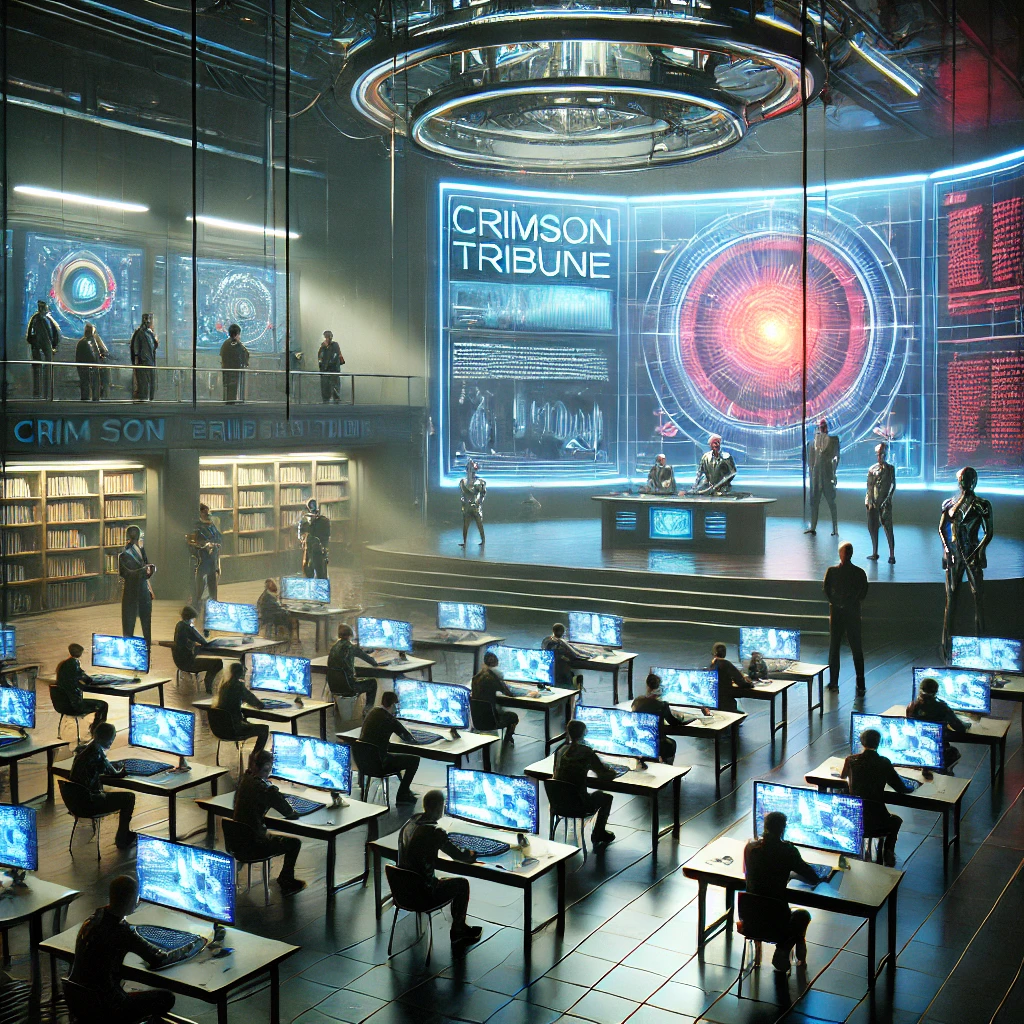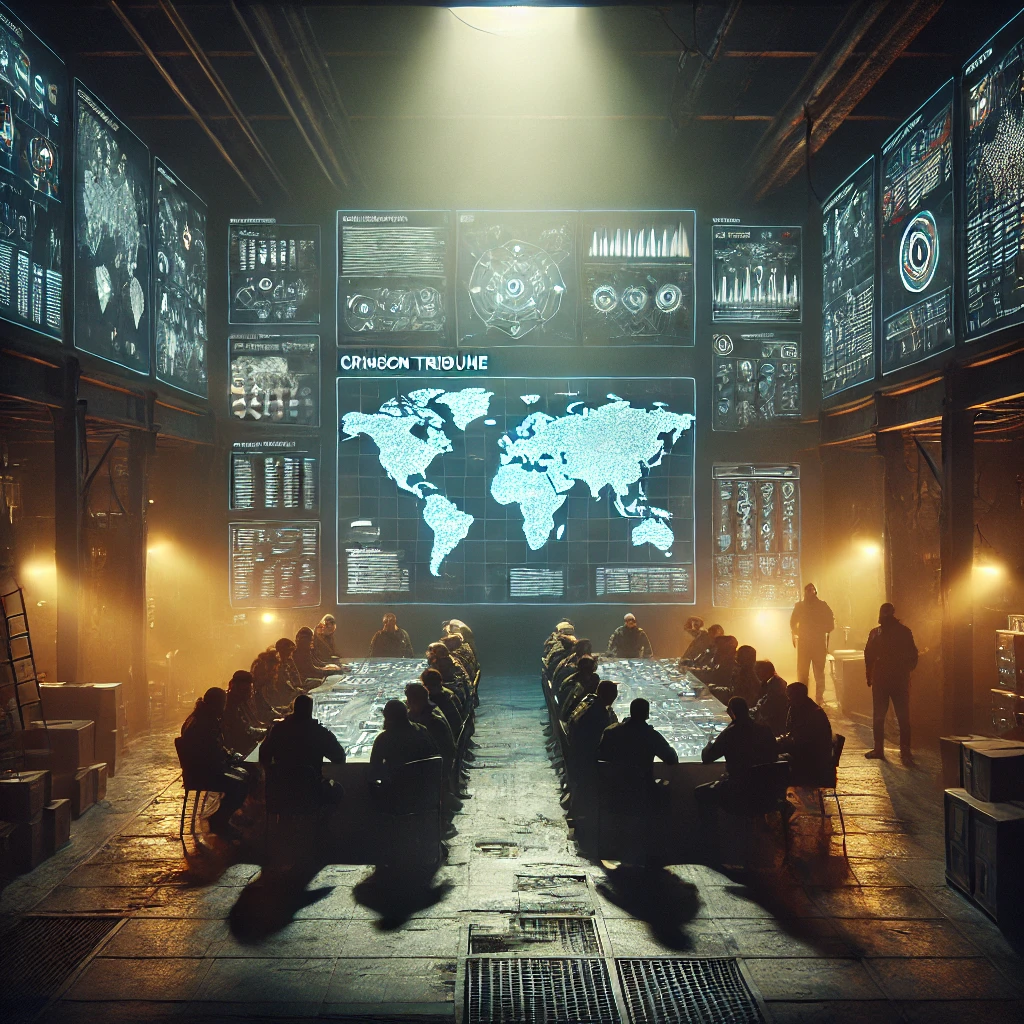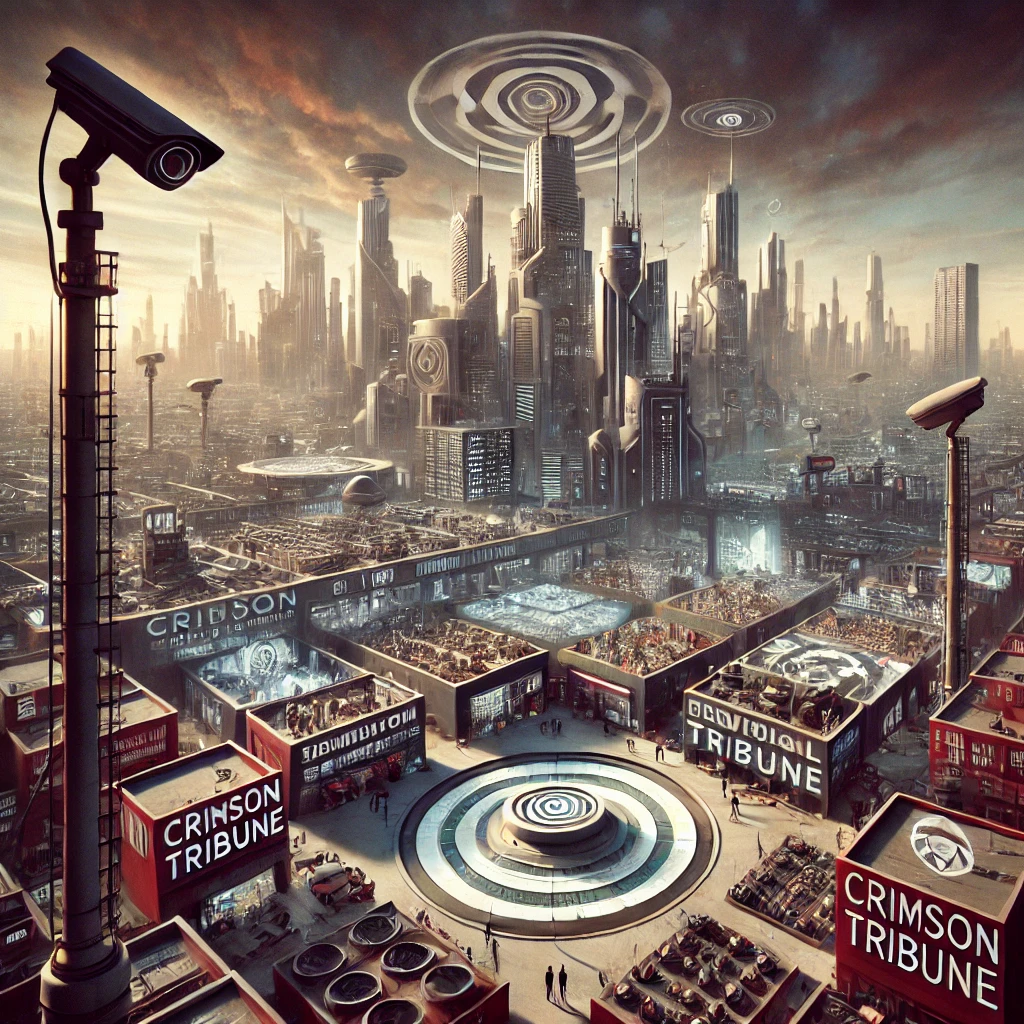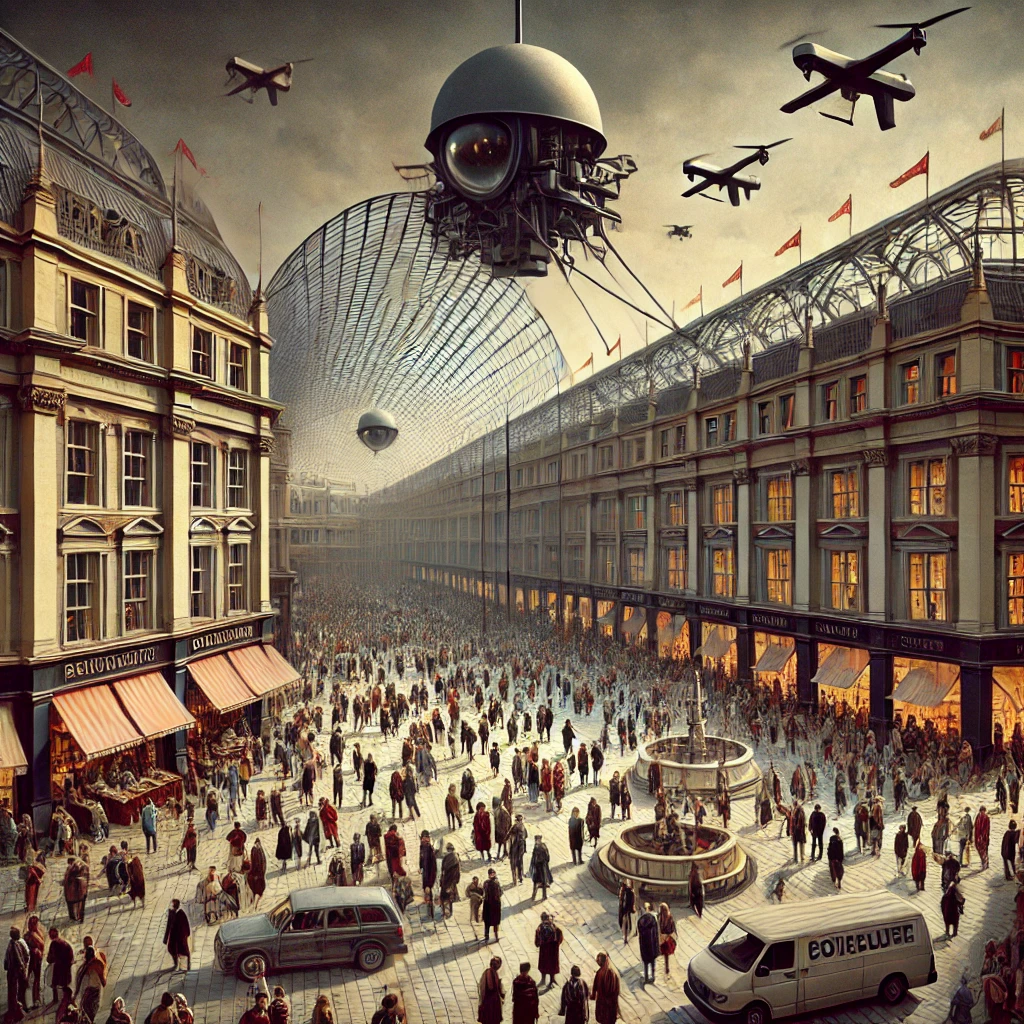
How Fiction Predicts the Future: The Prognostic Nature of the Crimson Tribune Series
In the realm of literature, fiction has often served as a mirror to society, reflecting not only current realities but also potential futures. Christina Fanelli’s Crimson Tribune Series stands out as a prime example of this prognostic power. Through its intricate plots and deep character development, the series offers more than just a gripping narrative—it provides a lens through which we can explore possible future scenarios, making it a must-read for those interested in both literature and the future of society.
The Role of Fiction in Predicting the Future
Fiction has long been a medium through which authors explore the consequences of social, political, and technological developments. From George Orwell’s 1984 to Aldous Huxley’s Brave New World, speculative fiction has often provided unsettlingly accurate predictions about the trajectory of human society. The Crimson Tribune Series follows in this tradition, using its narrative to explore themes that resonate with contemporary issues, suggesting where current trends may lead.
Christina Fanelli’s ability to weave complex social and political themes into her work allows her books to transcend mere storytelling. They become cautionary tales, urging readers to consider the implications of their actions and the direction in which society is heading. As with all great fiction, Fanelli’s work does not simply predict the future—it warns against certain paths and challenges readers to envision alternative possibilities.


Analyzing the Prognostic Nature of the Crimson Tribune Series
At the heart of the Crimson Tribune Series is the exploration of the tensions between individual freedom and societal control—a theme that has only grown more relevant in today’s world. Fanelli’s portrayal of a society grappling with the dangers of surveillance, the erosion of personal liberties, and the rise of authoritarian governance echoes many of the concerns that dominate current global discourse. By examining these issues through the lens of fiction, Fanelli is able to explore their potential consequences in a way that is both engaging and thought-provoking.
One of the most striking aspects of the Crimson Tribune Series is its ability to foresee and comment on the complexities of our modern world. In particular, the series delves into the ways in which technology can be both a tool for liberation and a means of control. This duality is reflected in the characters’ struggles as they navigate a society increasingly dominated by technological advancements that blur the line between utopia and dystopia.
Fanelli’s work also touches on the themes of social inequality and the concentration of power—issues that have become increasingly pressing in recent years. Through the fictional setting of Czaritan, the series explores the dangers of a society that allows wealth and power to be concentrated in the hands of a few, while the majority struggle to survive. This narrative mirrors current concerns about income inequality, political corruption, and the erosion of democratic institutions, making the series a poignant commentary on the state of the world today.
Fiction as a Catalyst for Discussion and Reflection
One of the most powerful aspects of fiction is its ability to spark discussion and reflection. The Crimson Tribune Series encourages readers to think critically about the world around them and to question the systems that govern their lives. By presenting a future that is both recognizable and unsettling, Fanelli’s work challenges readers to consider how their actions today might shape the world of tomorrow.
The series also serves as a reminder of the importance of vigilance and resistance in the face of creeping authoritarianism. It encourages readers to be mindful of the ways in which power can be abused and to consider the consequences of complacency in the face of injustice. In this way, the Crimson Tribune Series is not just a work of fiction—it is a call to action.


Invitation to Review and Reflect
As you delve into the Crimson Tribune Series, take a moment
to reflect on the themes and predictions that resonate with you. What aspects
of the series feel particularly relevant to the world today? How do you think
these predictions might play out in the future? We encourage you to share your
thoughts and insights through reviews and discussions, contributing to the
ongoing conversation about the prognostic power of fiction.
In particular, consider the following questions as you read:
- How
does the series’ depiction of technology reflect current trends?
- What
parallels can you draw between the social and political structures in the
series and those in our world today?
- In
what ways does the series challenge your perceptions of the future?
By engaging with these questions, you not only deepen your
understanding of the series but also contribute to a broader dialogue about the
role of fiction in shaping our views of the future.
Navigation
© 2024 Christina Fanelli • All Rights Reserved



